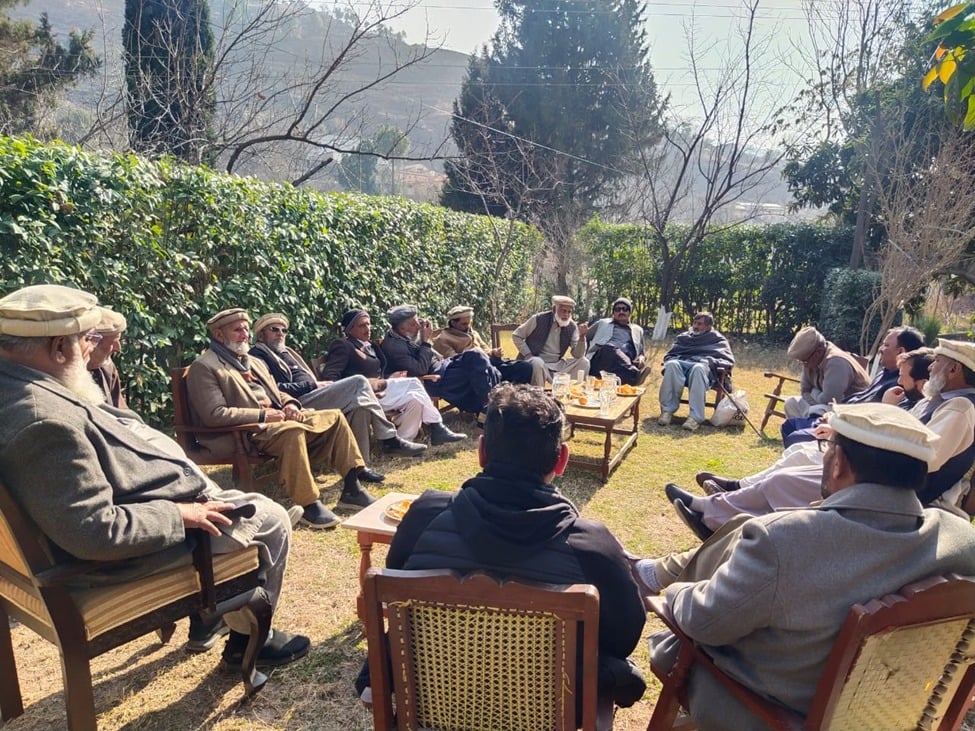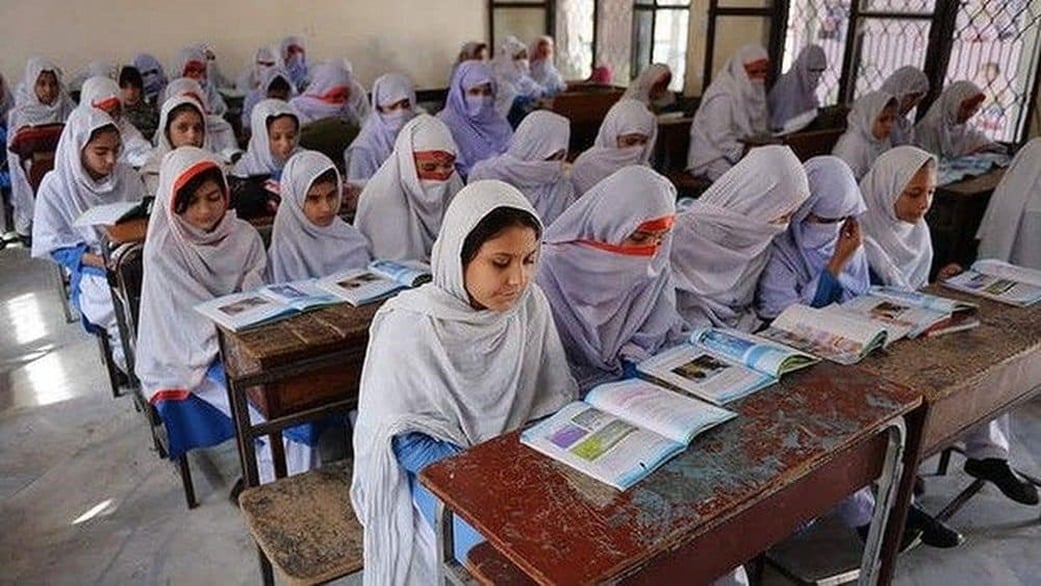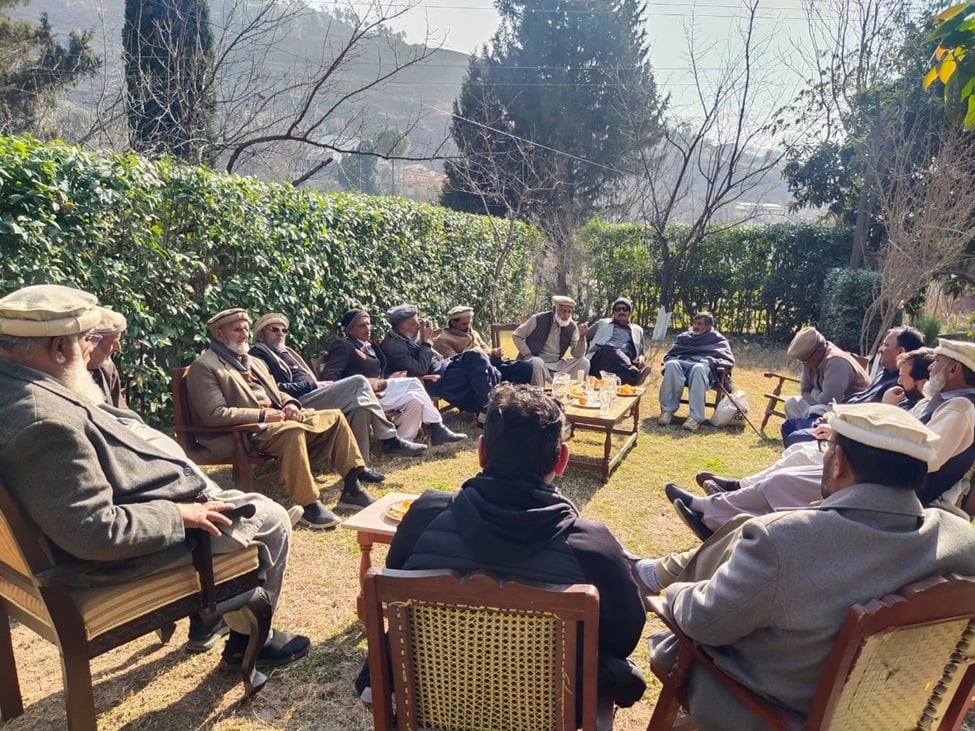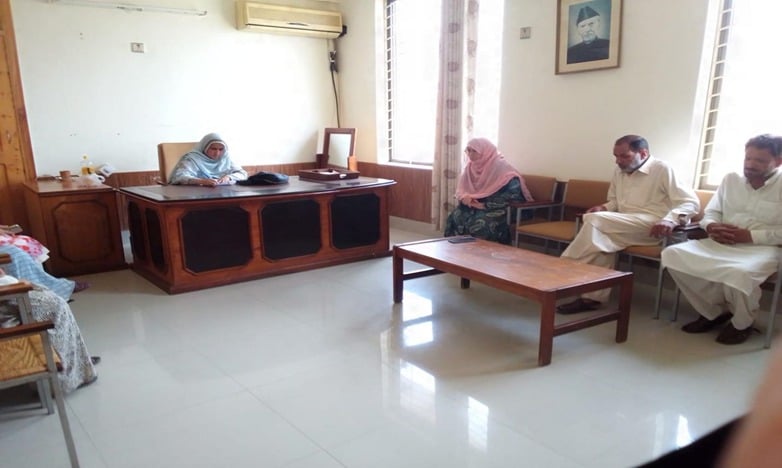
CSEN
A proud day for the community of Mansehra
Chamhora village in Mansehra, Pakistan, is set to welcome a new primary school, a milestone that will secure education for 300 marginalised girls. What makes this achievement even more remarkable is that it was made possible by the villagers themselves, demonstrating the power of community-driven change.
In a remote village of Mansehra, named Chamhora, young Pakistani girls dreamed of education but faced a harsh reality — despite a thriving population of over 8,000, there wasn’t a single school nearby for them. While older students could manage longer journeys to distant schools, approximately 300 young girls aged between 5 and 10 years had no viable options for primary education, resulting in substantial learning losses during a critical stage of their educational journey. With every passing day, their potential was stifled by the absence of a place to learn, leaving their futures at risk.
“There was a young girl from village Chamhora who used to visit my house. I observed that she often looked at my daughter doing her homework with great interest. Knowing that there is no school in her village and her family couldn’t afford the journey to the distant school always made me sad,” says Ms. Shumaila, civil society and member of Civil Society Education Network (CSEN).
Civil society stepped in
This could have remained the reality for the 300 girls in Mansehra, but instead, the local community took responsibility for change.
“Traditionally, the establishment of government schools has relied heavily on government priorities, complicated planning processes, availability of funds, etc. with little or no participation from the communities. Often communities are not aware of the proper channels to engage with government functionaries or find them less receptive to solving their problems,” says Qaiser Munir, Technical Director for REAP, a program funded by Education Out Loud and implemented by I-SAPS, a policy research and advocacy institute working across Pakistan.
Civil Society Education Network (CSEN), which is a network of local civil societies, local leaders and community representatives initiated as part of REAP, therefore stepped in to guide the community through the continuous procedural engagement needed to channel community demands.
“We started working on this initiative and the response from the community was overwhelming. Parents were ready to go to any office and knock on every door to ensure this school became a reality,” says Ms. Shumaila from CSEN.
“When we stand together…”
According to Ishtiaq Ahmad Khan, convenor and member of CSEN, bringing the community together wasn’t easy. “But once we all spoke with one voice, our message became powerful. It is evident from the approval of the school that when we stand united, even long-standing challenges can be addressed,” he says.
CSEN organised meetings with community leaders to discuss the issue and create demands for district education authorities. CSEN gathered data to highlight the issue’s severity, fostering a sense of urgency and commitment among community members. They also engaged stakeholders, including local leaders and education officials, to submit a formal application backed by evidence. Regular advocacy kept the issue at the forefront, ultimately leading to the approval and establishment of the new school.
“I still remember the day we all gathered for our first meeting, uncertain but hopeful. Today, holding the official approval for the school in our hands fills me with immense pride. Our daughters will have a school of their own soon,” says Muhammad Ayub, a community elder and advocate for girls’ education in Chamhora.

Photo: CSEN
A significant victory for civil society
The government ultimately did indeed grant approval for the establishment of a girls’ school in Chamhora, confirms Arifa Khan, Sub-District Education Officer of Mansehra.
“Driven by the community’s demand, the government has approved the establishment of a girls’ school. The District Office is in the process of fulfilling all codal formalities required for the establishment of the new school, ensuring compliance with legal and administrative requirements,” they say.
With a local school soon to be available, approximately 300 girls, previously unenrolled in any educational institution, can finally receive primary education in their village. Qaiser Munir from REAP trusts that the establishment of the new school will have a transformative impact on the young girls of Chamhora.
He attributes this much-desired change to civil society members who effectively utilised data and evidence to drive accountability in the education sector.
“And this is just the beginning,” states CSEN member Ishtiaq Ahmad Khan.
He adds: “We must stay involved to ensure this school becomes everything our children need.”
How they did it, step by step
While realising that without a local school, the educational prospects for approximately 300 young girls were bleak, CSEN worked with the community towards a solution.
- Community Mobilisation: CSEN members convened a meeting of community leaders to highlight the issue and create a shared set of demands to be put forward to district education authorities. Onboarding of the village council chairman in district meetings was crucial for securing requisite support of relevant local governance actors.
- Strategic Alliances: By bringing community members, local leaders and district education authorities together, CSEN members secured community support for a formal application, supported by relevant data, which was then submitted to district education officials.
- Data-Driven Advocacy: CSEN members conducted regular follow-up meetings with different civil society stakeholders, potential beneficiaries, and parents.
By leveraging data at every step of the process, CSEN members demonstrated the transformative potential of a well-informed and evidence-based approach in addressing complex challenges within the education sector.
The transparent presentation of data to community members helped them grasp the importance of the issue at hand, fostering a collective sense of urgency and commitment to finding solutions. This turned the data into a catalyst for community engagement and empowerment. - Persistent Advocacy: Regular engagement with district education officials ensured sustained and uninterrupted advocacy for the new school, aligned with district education planning cycles. This consistent engagement kept the issue at the forefront of the authorities.
This blog is curated by Education Out Loud, but the views expressed are those of the authors alone.

 Muhammad Ayub
Muhammad Ayub Ishtiaq Ahmad Khan
Ishtiaq Ahmad Khan